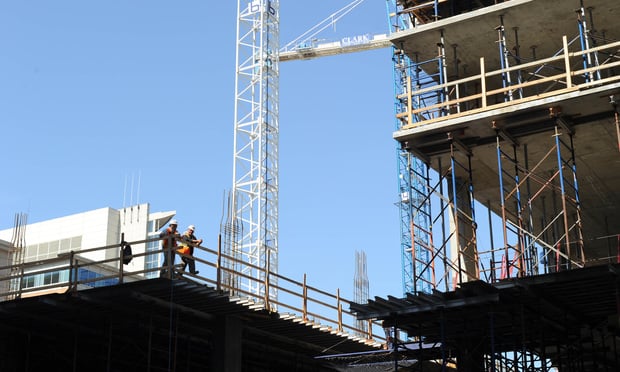The past two hurricane seasons have wreaked havoc with manytenants, with buildings forced to shut down for days--if notweeks--due to the lack of electricity and other factors. When abuilding is forced to close, property management typicallydetermines when it will open, leaving tenants at the mercy of theirdecisions to reopen. As a result, many tenants in the market fornew space are asking how well office buildings may be prepared foran emergency. Among factors tenants question are the inclusion ofhurricane-rated glass and an emergency back-up generators.
Capocefalo warns, however, that they may not be the rightquestions to be asking. Most buildings have back-up generators, butthey are installed as a life safety feature to light hallways andpower elevators in the event of an emergency. Likewise,hurricane-rated glass does not always prevent damage. "We know ofbuildings with hurricane-rated glass that suffered damage and20-year-old buildings that did not," Capocefalo tellsGlobeSt.com.
Rather, clients should establish a detailed plan that pertainsto operations after a storm. Among tips that Capocefalo oftenshares with clients are to ensure that all employees contactinformation is up-to-date and that more than one person in thecompany has been identified as an emergency contact person. Attimes, the named emergency contact must evacuate the area leavingemployees with no way to communicate with their employer.
Continue Reading for Free
Register and gain access to:
- Breaking commercial real estate news and analysis, on-site and via our newsletters and custom alerts
- Educational webcasts, white papers, and ebooks from industry thought leaders
- Critical coverage of the property casualty insurance and financial advisory markets on our other ALM sites, PropertyCasualty360 and ThinkAdvisor
*May exclude premium content
Already have an account?
Sign In Now
© 2024 ALM Global, LLC, All Rights Reserved. Request academic re-use from www.copyright.com. All other uses, submit a request to [email protected]. For more information visit Asset & Logo Licensing.








